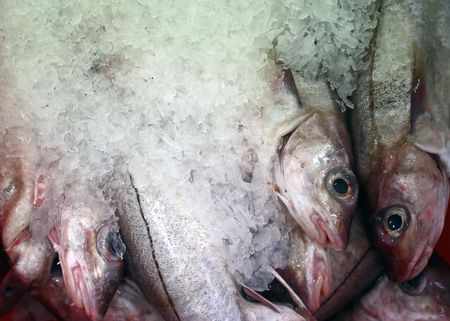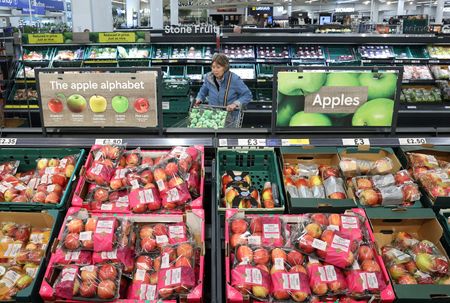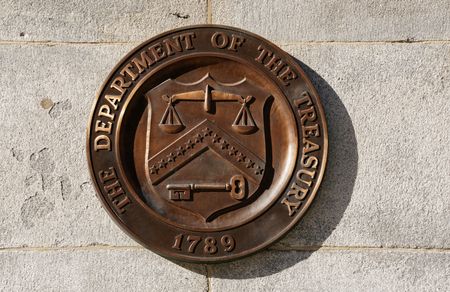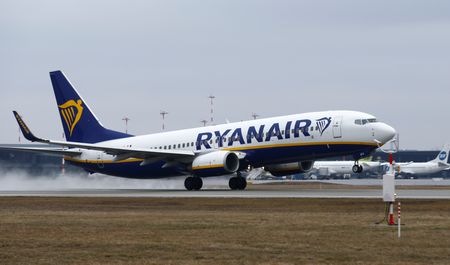By James Davey
LONDON (Reuters) -Britain’s food sellers and producers, both large and small, welcomed a deal with the European Union to cut border red tape, saying it would reduce costs and ease trade for both sides.
Britain and the EU on Monday agreed to trade with vastly reduced paperwork and border checks on plant and animal products, while maintaining high food standards, under an agreement that is part of a wider reset in relations.
The UK did, however, concede concessions on fishing rights, with the two sides agreeing that British and EU vessels would have access to each other’s waters for 12 years.
When Britain left the EU’s single market in 2021, the EU immediately enforced its rules, leading to port delays and prompting some British exporters to stop selling to the bloc.
The industry’s Food and Drink Federation said UK food and drink exports to Europe had fallen by a third since 2019.
Britain was much slower implementing its post-Brexit border arrangements, and after repeated delays and confusion it started to set new rules in phases from January last year.
Andreas Georghiou, who imports from small producers in France, Italy, Spain and Greece for his fine foods and ingredients store in southwest London, said the post-Brexit years have been “long and painful” and he might cry out with relief.
“It has just been such an absolute shitshow,” he told Reuters.
“This will really help small business,” he said, noting it would make recent tax hikes imposed by the Labour government more bearable.
He added that some European food producers who had given up exporting to the UK would resume doing business.
Yvonne Yeoh, sales director at Neal’s Yard Dairy, a London-based artisanal cheesemaker, retailer and wholesaler that has been exporting British cheese into the EU for 30 years, said she hoped for lower costs and faster time to market.
She told Reuters that since Brexit, the company’s internal labour costs had doubled, its external transport costs had trebled and it takes three times as long from order to delivery.
Britain’s biggest retailers also welcomed the move, with Marks & Spencer’s food boss Alex Freudmann saying it would remove “pointless bureaucracy”. Helen Dickinson, CEO of the British Retail Consortium, which represents the country’s biggest supermarkets Tesco and Sainsbury’s, said it would create greater security in retail supply chains.
But the agreement on fish, which removed one of the UK’s strongest hands in any future talks, was condemned by the fishing industry, who said they had been sacrificed in order to secure better terms elsewhere.
Elspeth Macdonald, CEO of the Scottish Fishermen’s Federation, called it “a horror show” and a betrayal.
(Reporting by James Davey; Editing by Kate Holton and David Evans)











